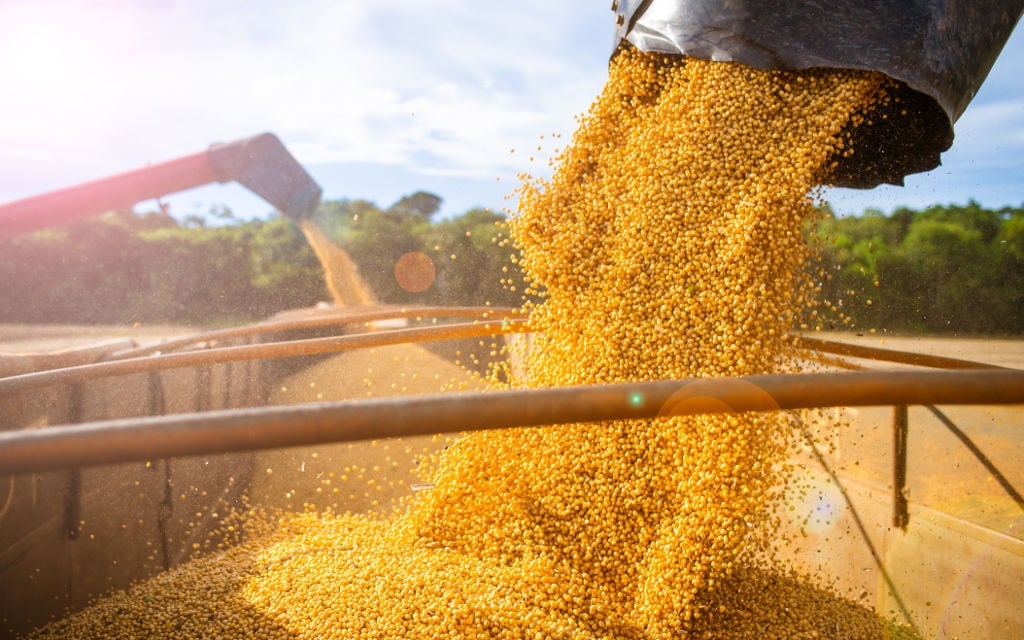
Grain silos hit by massive diesel generator costs
Using diesel generators at grain storage facilities is seven times more expensive than electricity – which impacts food prices, says Wessel Lemmer, general manager of Agbiz Grain, a unit of the Agricultural Business Chamber.
Electricity is needed to load grain into storage silos and to unload these again later to be transported to processors like mills. It is also impossible to keep the grain dry and ventilated without electricity.
Electricity costs usually make up around 10% of the total storage costs.
ollectively, Agbiz Grain’s members handle 70% of the grain and oilseeds produced in SA. Staple foods like white maize meal, bread meal, and sunflower oil are produced from these. Stored commodities include white maize, yellow maize, sunflowers, soya beans, wheat, malting barley, canola, peanuts, and sorghum.
“It is not possible to pass these additional [diesel] costs on to the producer or processor and only marginally to buyers, since storage operators conclude contractual terms with clients in advance. Therefore, the majority of these [unexpected] increased costs due to load shedding must be covered by the storage sector,” says Lemmer.
Another significant factor is the loss of production due to load shedding. It leads to lower turnover and places profitability under pressure. And with not enough manufactured product to satisfy demand, prices increase, according to Tom Meintjes, managing director of GWK Trading.
Other ways load shedding impacts grain storage include loss of stock, loss of communication systems, and slower turnaround times during intake and out loading. This causes increased demand for loading slots and leads to employees having to work overtime.
“The intake of higher moisture grain is a risk due to the uncertainty of electricity supply to run drying and aeration operations,” says Lemmer. “The risk increases as grain cannot be cooled down by aeration, and drying grain with higher moisture is not possible during load shedding.”
Lemmer explains that storage certificates issued by grain storers play an important role in the functioning of the grains market.
“Timely out loading [of grain] is important for price convergence between the futures price and the physical price at delivery,” says Lemmer.
In his view, the grain sector needs a flexible load shedding arrangement to assist in mitigating the impact.
Source: News24.com
